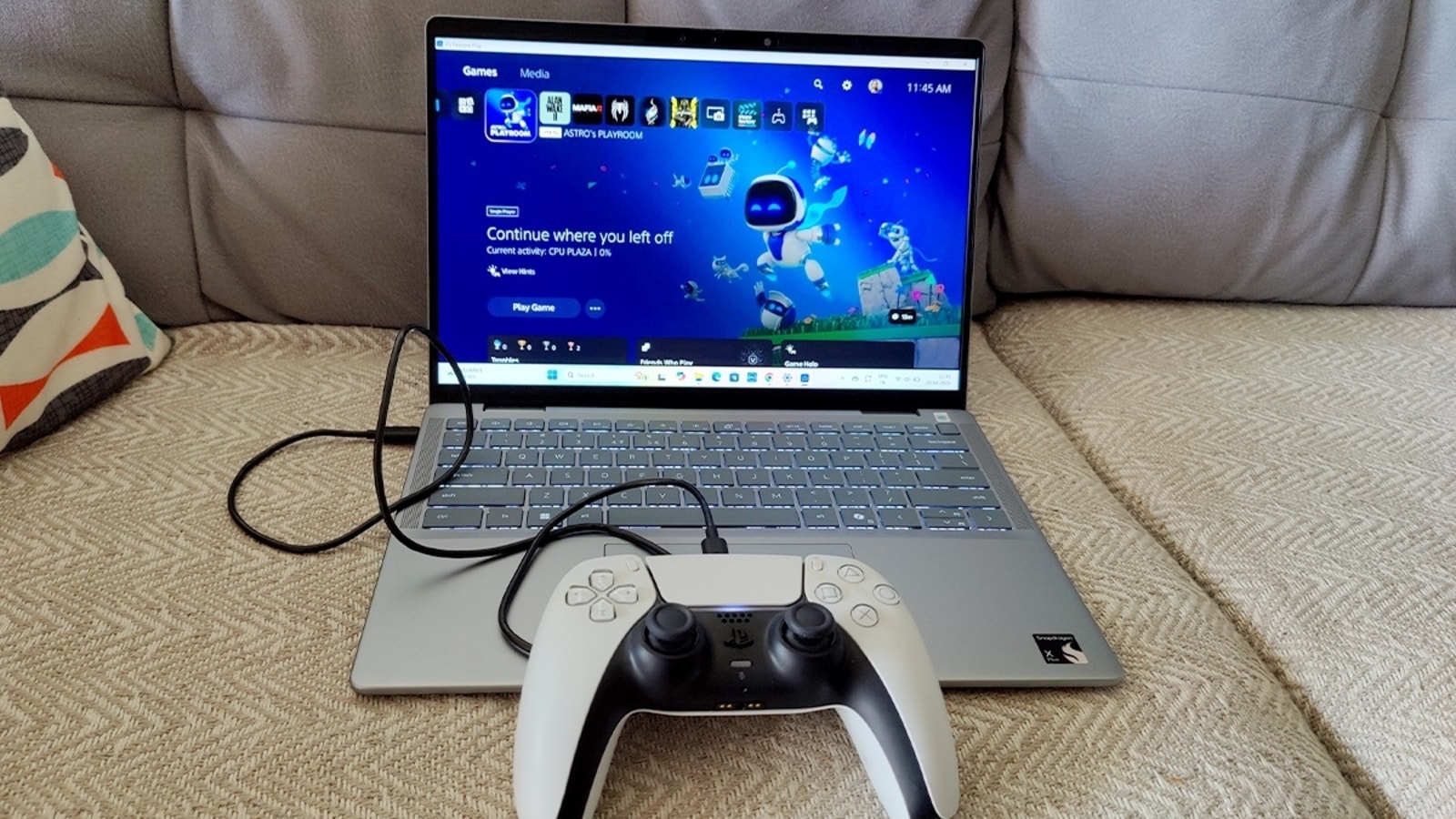Moderna released results on Wednesday on an updated coronavirus vaccine targeting the Omicron variant, calling it “our lead candidate” to serve as a booster shot in the fall.
The firm’s researchers tested a booster dose combining the original vaccine with one targeted specifically against Omicron, the variant that became dominant last winter. They found that the combination produced 1.75 times as much neutralizing antibodies against Omicron as the existing Moderna vaccine did alone.
While those results seem encouraging on their face, many experts worry that the virus is evolving so fast that it is outpacing the ability to modify vaccines — at least as long as the nation relies on human clinical trials for results.
Moderna’s new findings, from a clinical trial involving 437 volunteers, indicate that the updated vaccine produced a significantly stronger immune response against Omicron than the existing vaccine a month after the booster shot was given.
But Omicron has been spawning subvariants for months, and some vaccine experts say what matters now is how well a new booster formulation would protect against the latest subvariants, BA.4 and BA.5, not Omicron itself. First detected in South Africa early this year, those two subvariants now account for 13 percent of new cases in the United States and are spreading fast. By some estimates, within a month they could outcompete the two other Omicron subvariants BA.2 and BA.2.12.1, which are dominant now.
Moderna did not release any data on how the updated vaccine worked against BA.4 or BA.5; Dr. Paul Burton, the firm’s chief medical officer, said the firm was still gathering it. Nor can its researchers yet say whether the reconfigured vaccine will offer more lasting protection than the existing one.
The newest subvariants seem to spread even more quickly than earlier versions of Omicron, and may be better at dodging the immune system’s defenses. It is unclear whether they cause more severe disease. Dr. Anthony S. Fauci, the chief medical adviser to the White House, said in an interview Tuesday that South Africa, where BA.4 and BA.5 have been widespread, had “seen a slight uptick in hospitalizations, but I.C.U. utilization and deaths are really staying stably low.”
In any case, given how fast the virus is mutating, some vaccine experts say it makes more sense to target its most recent versions, rather than forms of the virus that have already been overtaken or soon will be.
The problem is that Moderna and Pfizer, the maker of the nation’s other main coronavirus vaccine, do not have enough time to run more human clinical trials and still manufacture shots before the fall, when the Biden administration is hoping to be able to offer an updated vaccine to counter what public health experts predict will be a winter surge.
That might force regulators to choose updated vaccines based on data from laboratory tests and trials involving mice or other animals, rather than robust human trials. It is also possible that a new variant or subvariant of concern will appear by the fall.
Outside advisers to the Food and Drug Administration are scheduled to meet June 28 to discuss which vaccine formulation would work best as a fall booster; vaccine manufacturers have said they would need to start production soon.
“Of course, the final decision is always left to the F.D.A.,” Dr. Fauci said. “But what the F.D.A. will likely do is keep as many irons on the fire as they possibly can. And they may need to revert to alternative pathways of decision, which are laboratory data and possible animal data.”
Asked if Americans would accept a booster formulation based on laboratory results and animal instead of human trials, he said, “People who really are very concerned about protecting themselves will.”
While the updated vaccine might turn out to be somewhat less potent against BA.4 and BA.5, Dr. Burton said that he did not expect a major difference from the Omicron results, adding, “Omicron subvariants seem to behave pretty similarly.”
“We really feel like this is a sort of fundamental turning point in our fight against this virus — that we can adapt to a variant,” he said. “It works.”
Pfizer and BioNTech, its German partner, are also testing an Omicron-specific vaccine and are expected to release their results soon. In April, Moderna released preliminary results on a vaccine retooled to attack the Beta variant, which was first detected in late 2020. The firm said then that the combination provided a stronger defense not only against Beta, but also against the Delta and Omicron variants. But officials said they expected an Omicron-specific vaccine would be a better candidate.

























